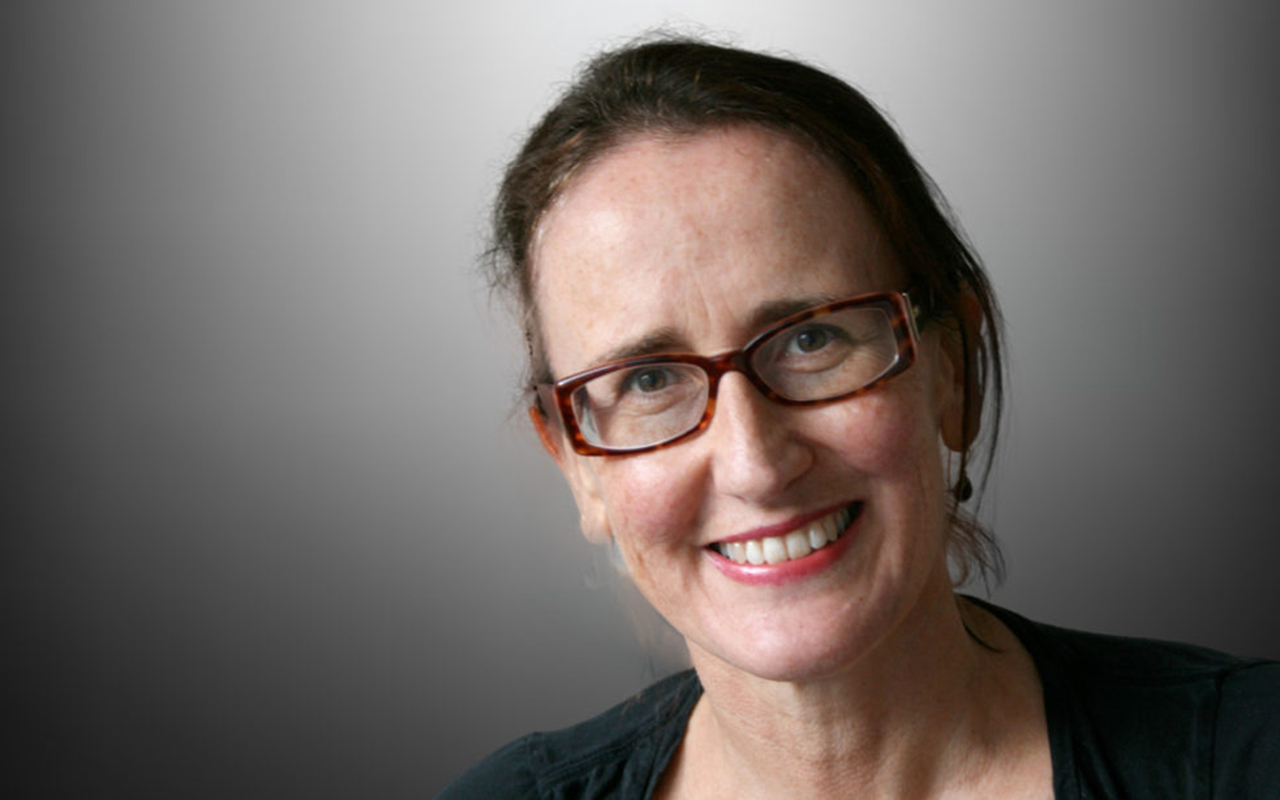TENSIONS between government and the research community are hardly new.
Researchers will always want more money. Governments will always want to hand out the cash for electorate-pleasing roads and sport facilities.
The first-century Roman poet Juvenal knew what he was talking about when he wrote of political leaders providing “bread and circuses” as a distraction from the real political issues of the day.
Last week’s federal Budget saw a fair bit of cash being splashed about. In a pre-election budget, it’s not surprising measures to ease cost-of-living pressures featured prominently.
A glaring absence was climate change, which barely got a mention in the budget papers either as a target for funding or even as a risk that needed to be managed into the future.
For scientific research overall, the picture was at best mixed.
Space research did well, and there was money for medical research, and mRNA manufacturing, as well as to support commercialisation initiatives.
The president of the Australian Academy of Science, John Shine, said last week the Budget contained some welcome support for science but fell short of “the vision needed to put Australia on a strong footing in an uncertain future”.
As is too often the case, one of the aspects causing disquiet is the lack of funding for basic research.
“It is disappointing that fundamental science capability is not recognised as the first essential step in the commercialisation effort, and there are no measures to boost basic research investment,” Professor Shine said.
You can see why governments like research projects that deliver practical outcomes: whether that’s improved fuel efficiency or a new diabetes treatment.
But that isn’t how research works a lot of the time.
Scientific breakthroughs are not something we can schedule to turn up when we want them to. In fact, they often emerge when the researcher is looking for something else entirely.
As Isaac Asimov famously said, “The most exciting phrase to hear in science, the one that heralds new discoveries, is not ‘Eureka’ but ‘That’s funny …’”
There’s nothing wrong with research targeted at commercialisation, but it won’t tend to deliver those kinds of moments.
For that, you need a critical mass of scientists doing a diverse range of research, in the full understanding that not all of their work will lead directly to commercial opportunities.
Alexander Fleming wasn’t looking for a new medicine when he noticed a funny mould growing on his petri dish; even the invention of wi-fi came out of fundamental research into radioastronomy.
Declining support for basic research has been a problem in this country for at least two decades.
Between 1992 and 2018, investment in fundamental research dropped by 17%, while investment in applied research increased by 18%, according to the Australian Academy of Science.
Meanwhile, universities are struggling, with little government support to help them meet the challenges of the COVID-19 pandemic, despite a drastic drop in the sector’s revenue from overseas students.
Morale across the research community is at an unprecedented low, many say.
“I have never been in a research environment that is more desperate, more despondent and feeling more isolated and ignored,” Professor Mark Dawson from the Peter MacCallum Cancer Centre told The Age in the weeks leading up to the Budget.
Professor Shine argues investment in science is key to securing the high value industries, and accompanying jobs, that will deliver a prosperous future.
“Science,” he says, “is at the heart of every major issue being faced by our nation: the pandemic response; national security; mitigating and adapting to climate change; and recovering from flood and other extreme events.”
Jane McCredie is a Sydney-based health and science writer and public speaker.
The statements or opinions expressed in this article reflect the views of the authors and do not represent the official policy of the AMA, the MJA or InSight+ unless so stated.

 more_vert
more_vert
We have been aware of this for years, hence the reason great Scientist work overseas for many years.
Australia is extremely slow at doing anything to help research.
Disgraceful, considering they still promote “Girls in Science ” when no money is being put into funding so no jobs in Australia.